How a British furniture entrepreneur built his design empire from a remote village in China
Source:architecturaldigest
The British furniture entrepreneur uprooted his picturesque existence in the U.K. to create a furniture business out of a gym-shoe factory.
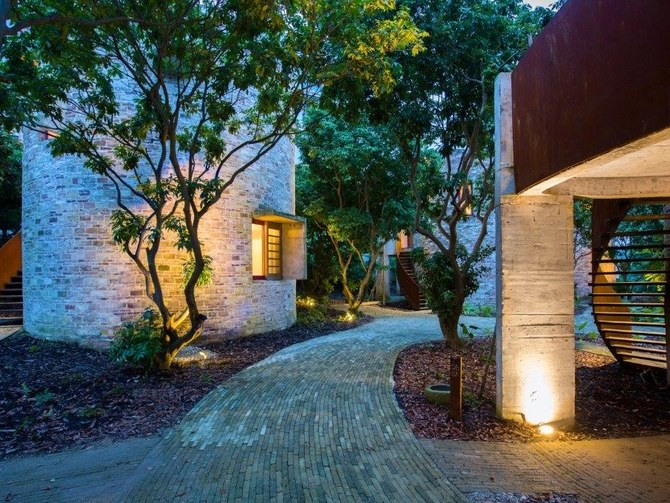
Timothy Oulton has a way of putting people instantly at ease. Despite his proper British accent and overwhelming success at building a furniture and antiques empire (even Kylie Jenner owns his now-famous Rex mirror), with no a formal education, the designer aims to create a welcoming environment for everyone he introduces to his world.
He doesn’t see his lifestyle as lavish, and he designates the phrase "humble luxury" to define his brand. "I can’t appeal to everyone, because then I wouldn’t be authentic and daring," he explains from his office in the company’s massive Gaoming, China, showroom, which spans 40,000 square feet. "That doesn’t mean my brand is exclusive, it just simply conveys that we are doing what others are not in design"
Oulton has long enthusiastically embraced the now-popular sense of welcoming and livability in his showrooms—though he does so in his unique way.
Every guest at a Timothy Oulton shop is greeted by the sight of fresh-cut red roses in a vintage silver bucket and offered a glass of Veuve Clicquot and a handful of British candies. Once properly settled in, customers are invited to try out the furniture. The sight of a woman stomping on his classic Chesterfield sofa in stilettos leaves Oulton unfazed.
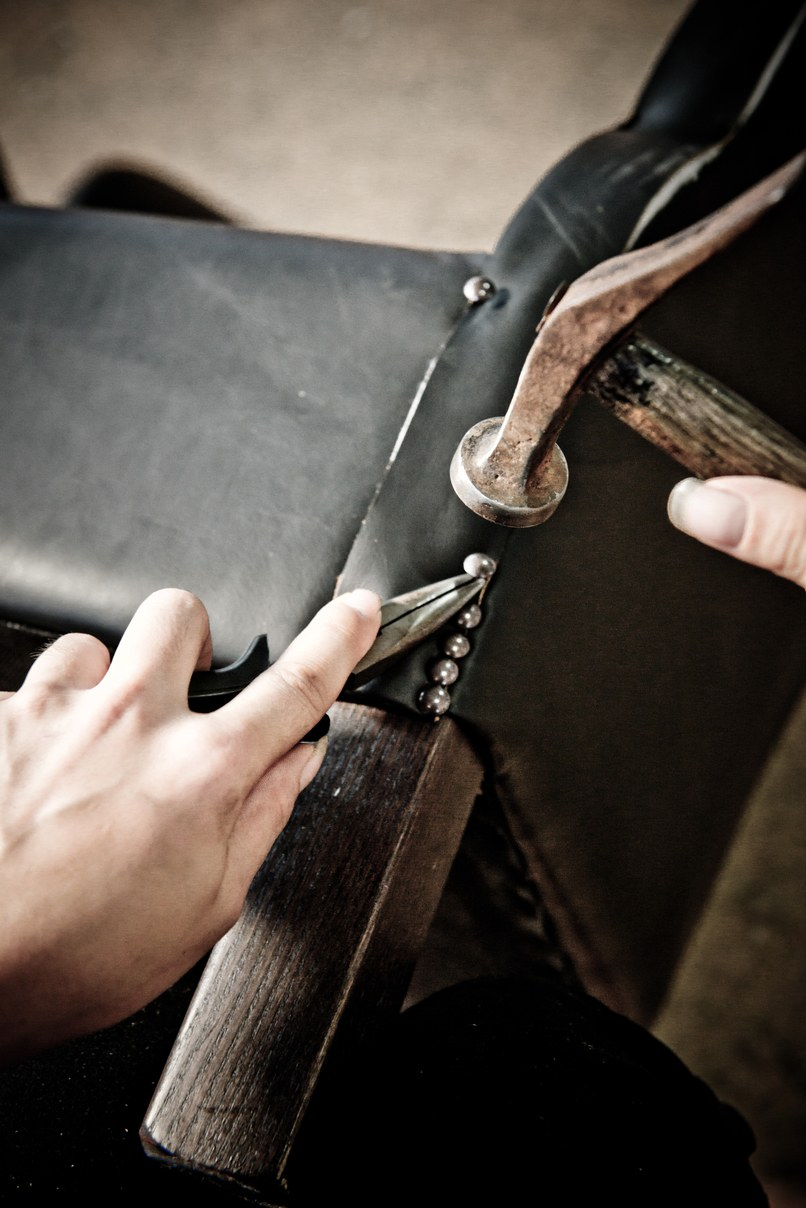
While Oulton attended Ampleforth College, a posh English boarding school, his upbringing was relatively modest. That attitude is communicated through his unfussy collections. "I had a very good education because my dad was in the army,” he says, adding that he pitched in at his father’s antique shop, Halo, in Manchester as a teenager during the summers.
When it came time to graduate, Oulton, who had visions of becoming a “playboy,” wound up working for his father full-time at age 18. "It took me about six months to start looking at the antiques from an intellectual perspective, rather than a technical point of view,” he says. “And I was hooked. I could see it was an interesting business, and the U.K. dominated the market at that time, which made me very proud to be British.”
The Halodome
After a decade in the antiques trade, Oulton realized he couldn’t build a viable business. Taking his knowledge and taste for the vintage pieces he collected, the young creative began to craft new products out of reclaimed wood and imperfect leather for wholesale, which brought him to the Canton Fair in China twice a year.
In 2004, he left his semiretired existence in England for an unpredictable future. “When I arrived in Gaoming, the factory here was making gym shoes, and we hired them to handcraft our first sofa, called the Kensington,” Oulton says. “At that time, it became my goal to build a facility that made world-class furniture in small quantities for the best shops in the world.”
Inside the Halodome, Timothy Oulton furniture was custom made to match the round shape
In the years since, he's transformed the Gaoming factory into something that operates as its own small village. In addition to the four-story showroom, there are upholstery, wood, and leather workshops on-site, as well as an architectural puzzle of seven roundhouses and a Halodome, where Oulton and his team reside.
The curved residences are crafted out of solid timber and reclaimed pine, and the brand’s signature furnishings—like the Shabby sofa, which is produced from piles of Brazilian leather hides next door—were reinvented with a rounded shape to accommodate the floor plan. Designed by architect Simon Laws, who also built Oulton’s sprawling showroom, the inventive structures achieve German Passive House standards, positioning them as the highest eco-friendly alternative to traditional apartment living.
Although Oulton is recognized for his ability to transform recycled materials into contemporary furnishings, he says his sustainable designs aren’t consciously made with the environment in mind. “Old wood is just better than new wood,” he quips.

This high standard for quality—notably contrary to most dismissals of "made in China" goods as cheap and poorly made—continues into his newest collection, dubbed Supernatural Beauty. In his showroom, a seven-ton quartz crystal sits in the reception area, while strings of the stone illuminate from above, revealing his latest obsession in materiality. "It’s said to have healing powers,” Oulton says. “I’m so not a believer in any of that nonsense, but sitting under these chandeliers for a half hour, you can definitely tell there’s something in it. It makes you feel grounded again."
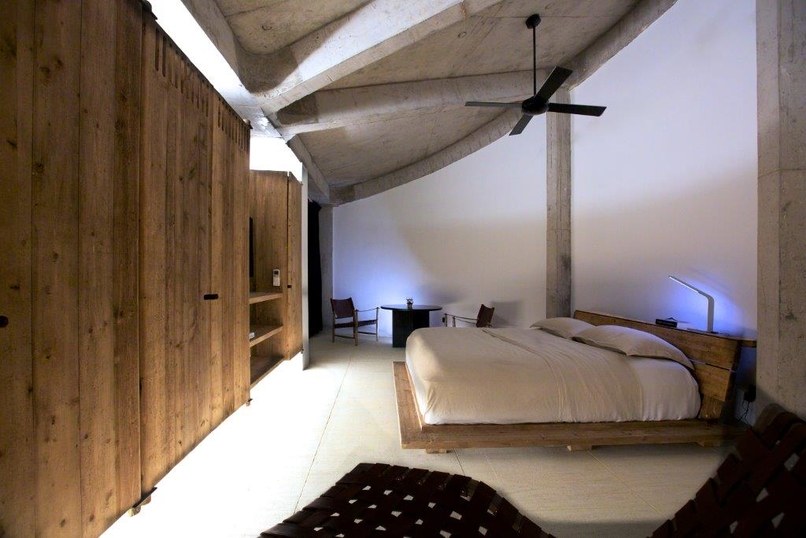
The lighting and accessories, including a mirror that takes workers 41 days to apply 15,000 crystals by hand, are crafted with relatively untouched stones. “If you cut a crystal, then, to me, it’s no longer a proper stone,” Oulton explains. “We only polish them. With that kind of commitment, we go through 30 tons of shards to find one ton of crystals we can actually use.”
That approach may not make the most economic sense, but Oulton isn’t overly concerned about his return on investment. “We pick our materials around beauty,” he says. “If I just followed best-seller reports, I’d be selling an IKEA Billy bookcase and making a fortune. Do I want to do that? No. It's just not for me.”
(Source:architecturaldigest.com)
-

"2021 China Internet Home Improvement Consumption Trend White Paper" released
-

Sales of soft furniture such as sofas and beds in China doubled in August
-

China' s furniture retail sales in August was 13.7 billion yuan, a year-on-year increase of 6.7%
-

From January to August, China' s furniture exports reached 305.43 billion yuan, an increase of 31%
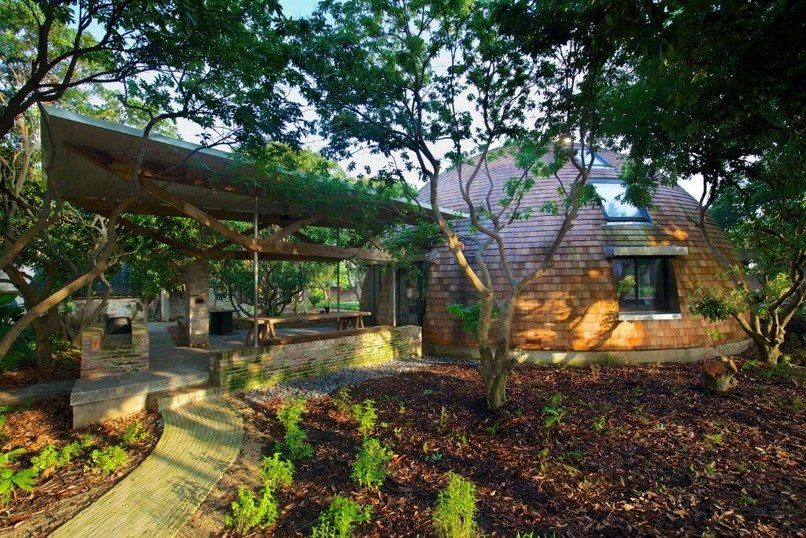
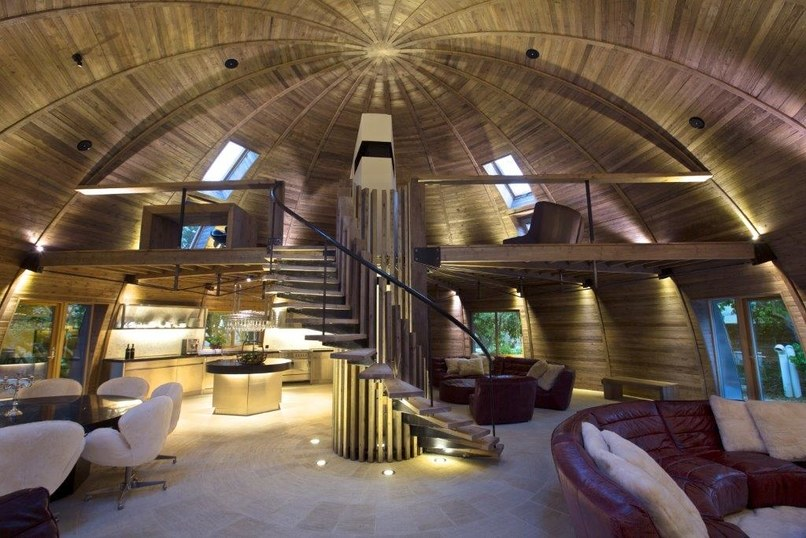

 沪公网安备31010402003309号
沪公网安备31010402003309号



